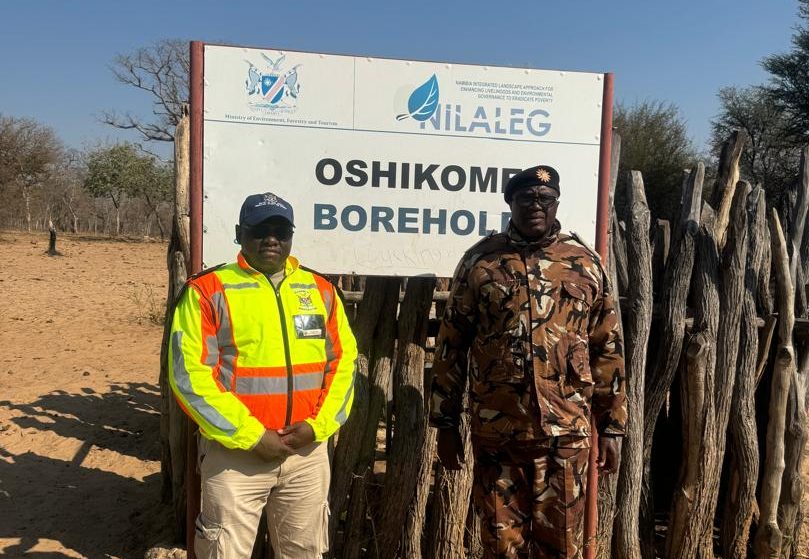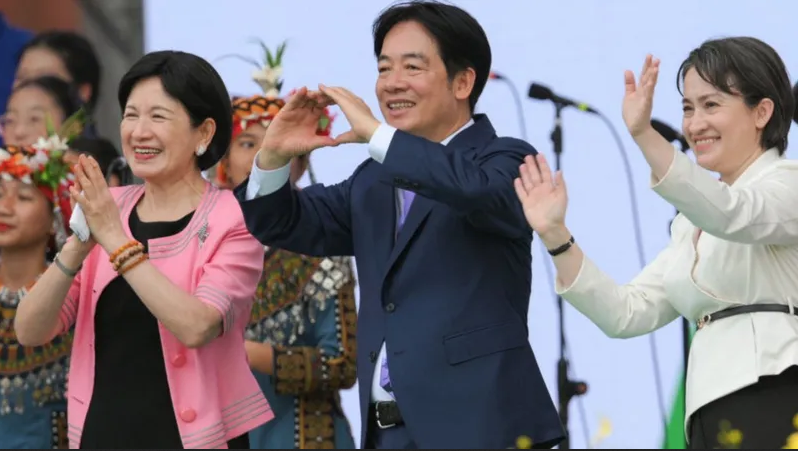Home affairs ministry collaborate with UNDP to advance digital identity
Written by on May 20, 2024
The Ministry of Home Affairs, Immigration, Safety and Security partnered with the United Nations Development Programme (UNDP) last week, to advance legal identity through digital transformation in Namibia.
The five-day assessment collaboration in Windhoek focused on aspects such as civil registration and identity management, with an emphasis on advancing women’s empowerment.
The multi-stakeholder discussions aimed to develop the basis for border consultation, translating these into actionable plans and laying the foundation for a future-ready digital identity landscape in Namibia.
Speaking at the opening ceremony, ministry executive director Etienne Maritz said national ID cards or passports are important for citizens to exercise their rights and access essential services such as healthcare, education and social welfare.
“Legal identity is a driver of inclusive development, enabling citizens to fully participate in economic and societal activities, including access to financial services vital for economic mobility,” Maritz said.
The workshop began with an examination of Namibia’s current civil registration landscape, identifying areas for improvement and sharing innovative strategies to enhance registration coverage and data accuracy.
“The ministry is currently undertaking a widespread registration campaign for national documents across all 14 regions of the country. This initiative seeks to register individuals who lack national documents but have supporting documents, as well as those who have lost their documents,” Maritz said.
He said over 38 000 individuals have acquired their national documents through this mass registration effort which commenced on 5 February and is scheduled to conclude on 30 July 2024.
The event also highlighted the necessity of effective governance structures to ensure broad access to civil registration and public services, which is crucial for inclusive development.
During the ceremony, UNDP Namibia deputy resident representative Christian Shingiro introduced the UNDP Model Governance Framework.
Shingiro said the framework is designed to facilitate the transition towards digital identification while safeguarding individual rights through its main components.
Some outcomes of the event included the possible formulation of policy recommendations, the identification of pilot projects for digital identity implementation and the establishment of a multi-stakeholder task force to drive momentum forward.
The post Home affairs ministry collaborate with UNDP to advance digital identity appeared first on The Namibian.



